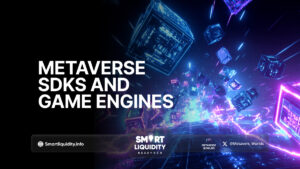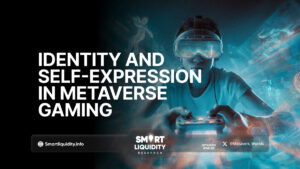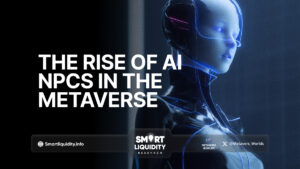How Blockchain Supports Metaverse Personalization


The metaverse, a digital universe where users interact in immersive virtual environments, relies heavily on personalization to enhance user experiences. Blockchain technology, with its decentralized and transparent nature, plays a pivotal role in this customization.
First and foremost, blockchain provides a secure and immutable ledger for personal data. Unlike traditional systems where personal data can be vulnerable to breaches, blockchain’s encryption ensures that user information remains private and protected. This security allows users to confidently customize their avatars, environments, and experiences without fear of unauthorized access.
Additionally, blockchain enables true ownership of digital assets. In the metaverse, users can buy, sell, and trade virtual goods using non-fungible tokens (NFTs), which are verified through blockchain. These NFTs represent unique items, from clothing for avatars to virtual real estate. As a result, users can personalize their experience with exclusive assets that they genuinely own, rather than relying on generic items provided by a central authority.
Moreover, blockchain facilitates interoperability between different virtual worlds. Through decentralized protocols, users can transfer assets and identities seamlessly across various metaverse platforms. Consequently, a user’s personalized avatar or virtual property can maintain consistency and coherence, regardless of the platform they are interacting with. This interoperability ensures a more fluid and integrated experience.
Furthermore, blockchain supports user-driven content creation and curation. Decentralized platforms enable creators to contribute to the metaverse and get rewarded for their work. This democratization of content creation leads to a richer variety of personalized experiences tailored to individual preferences.
In summary, blockchain technology enhances metaverse personalization by ensuring data security, enabling true ownership of digital assets, supporting interoperability, and fostering user-driven content creation. As the metaverse evolves, blockchain will continue to be a fundamental element in creating a personalized and engaging virtual environment.




